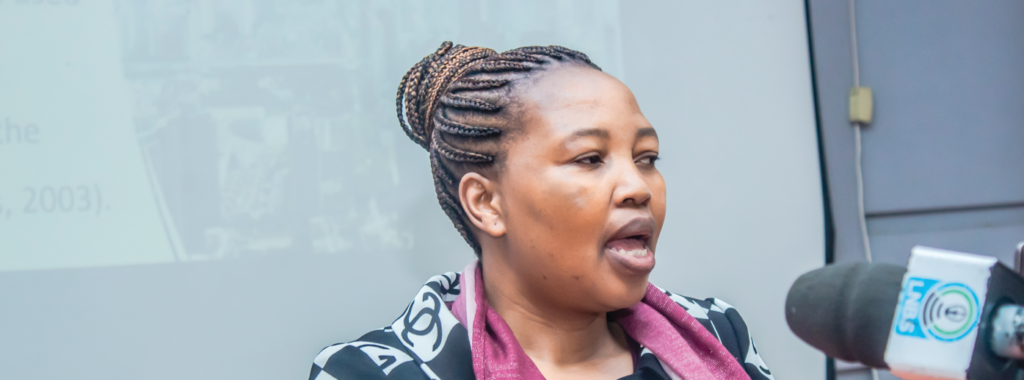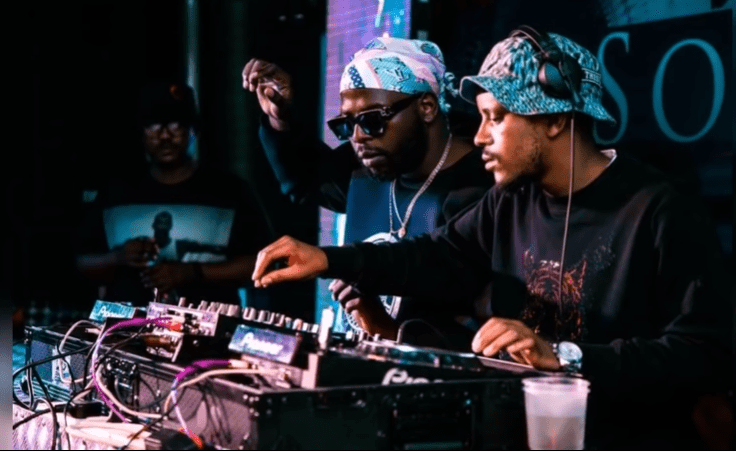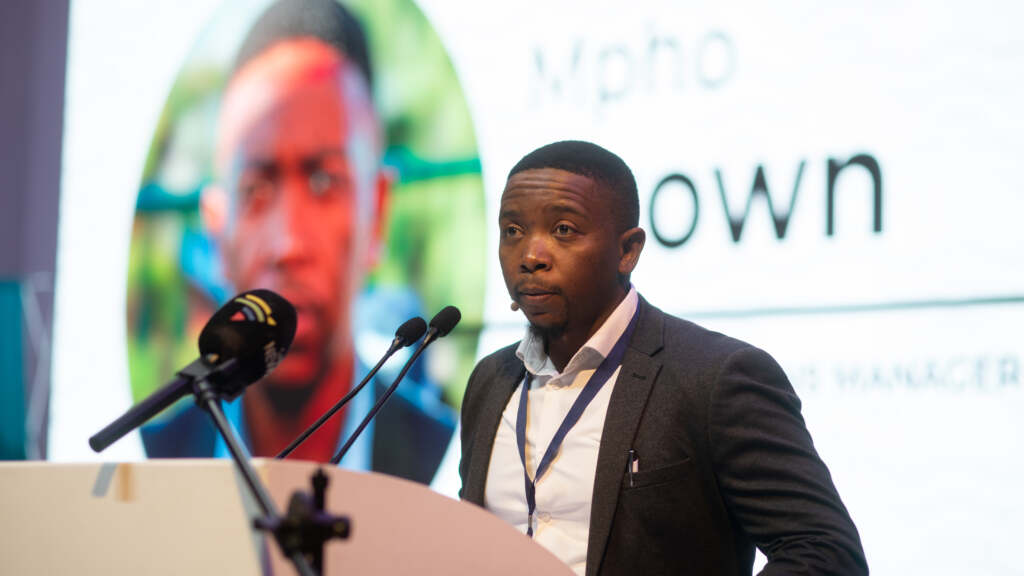Pheello Mosesi
The Lesotho Copyright Society of Authors and Artists (LESCOSSA) this week hosted an event meant to educate media personnel and artists about safeguarding intellectual property in the rapidly growing arts and entertainment industry in Lesotho.
At the event, Makhukhumala Kama LESCOSSA’s CEO highlighted ongoing challenges, particularly the widespread issues of copyright infringement and music piracy.
These problems result in artists receiving inadequate compensation for their work. Despite the global reach provided by the digital age, Kama pointed out that the lack of legal protections in Lesotho hampers local investment in the arts industry.
Since its establishment, LESCOSSA has been dedicated to managing and protecting artists’ intellectual property, including collecting and distributing royalties. The organization invited industry experts from various fields, including music and filmmaking, to share their insights
Efforts to combat piracy, including public awareness campaigns and enforcement, remain a significant burden for LESCOSSA. Kama stressed that there is a general lack of understanding about the legal boundaries separating legitimate from illegal use of intellectual property.
Further complications include delays in passing legislation to protect artistic copyrights, attributed to ongoing changes in government and the lack of expertise among law enforcement and judiciary officials.
Kama noted: “Logistical challenges persist, particularly due to the lack of expertise in handling intellectual property matters.”
In response, LESCOSSA has been actively encouraging local artists to register and benefit from royalties. This initiative is crucial in ensuring fair compensation for artists, especially in an era where digital piracy is prevalent.
Thulo “T-Mech” Monyake, an industry expert and LESCOSSA board member, shared his experience, noting that despite 23 years in the music industry, he has not received any royalties.
“In Lesotho, there is a culture of neglect regarding important aspects of the industry. Many talented artists do not take the time to understand the legal protections available to them,” Monyake said.
Monyake expressed his vision of seeing Lesotho’s music industry reach global standards in sound engineering, mixing, and mastering.
“I am proud of our progress in improving the quality of Lesotho’s music. My next goal is to ensure that Basotho artists receive the royalties they deserve through proper protection of their work,” he said.
Summary
- The Lesotho Copyright Society of Authors and Artists (LESCOSSA) this week hosted an event meant to educate media personnel and artists about safeguarding intellectual property in the rapidly growing arts and entertainment industry in Lesotho.
- Despite the global reach provided by the digital age, Kama pointed out that the lack of legal protections in Lesotho hampers local investment in the arts industry.
- Further complications include delays in passing legislation to protect artistic copyrights, attributed to ongoing changes in government and the lack of expertise among law enforcement and judiciary officials.

Your Trusted Source for News and Insights in Lesotho!
At Newsday Media, we are passionate about delivering accurate, timely, and engaging news and multimedia content to our diverse audience. Founded with the vision of revolutionizing the media landscape in Lesotho, we have grown into a leading hybrid media company that blends traditional journalism with innovative digital platforms.









